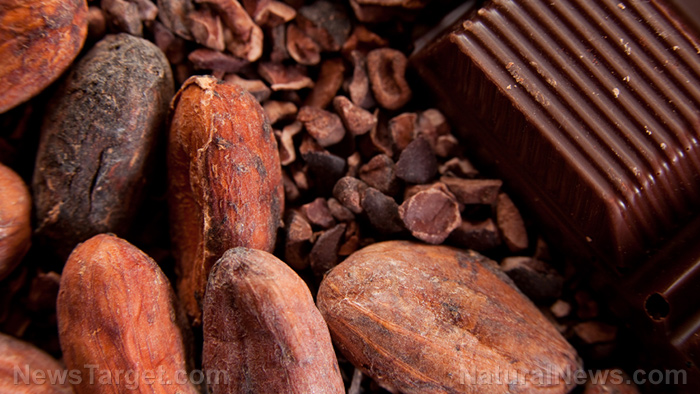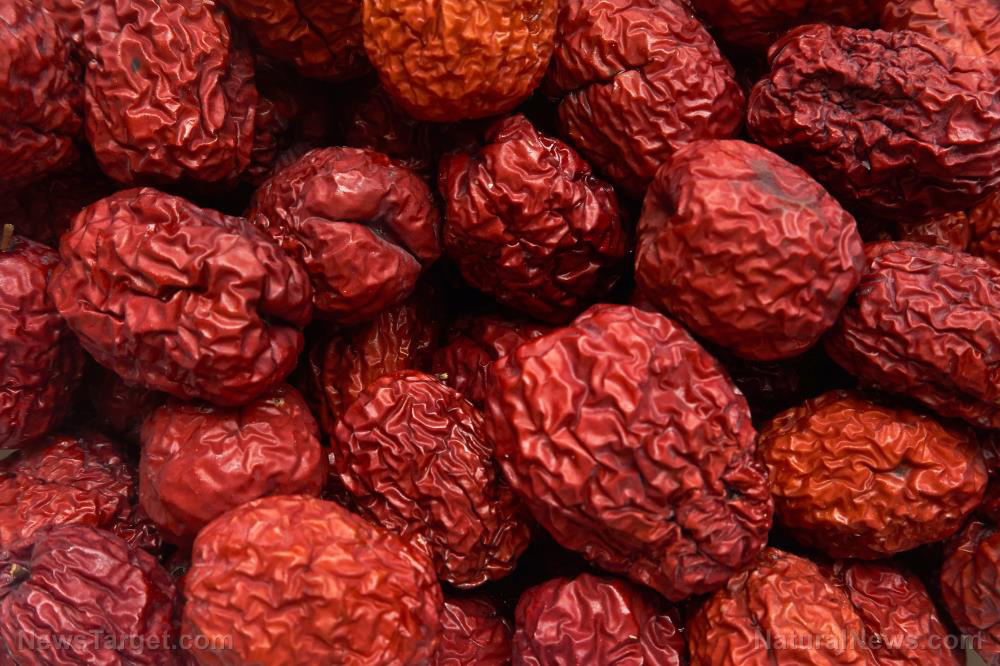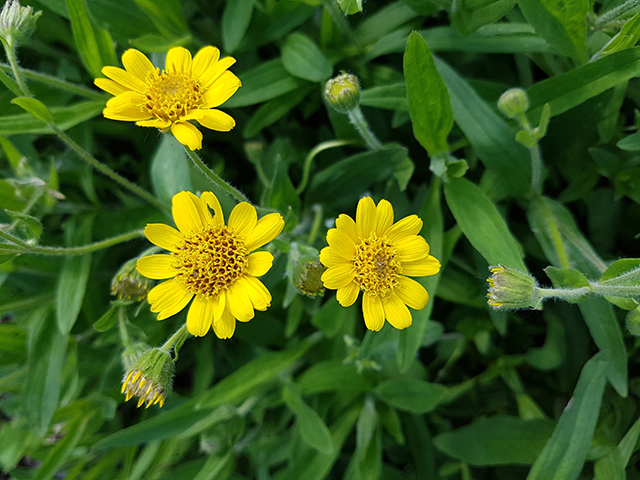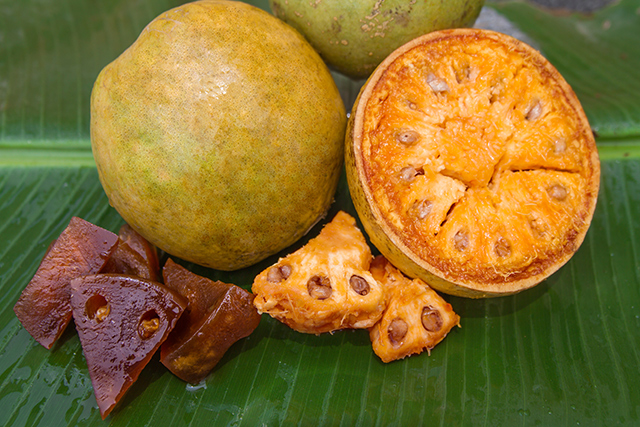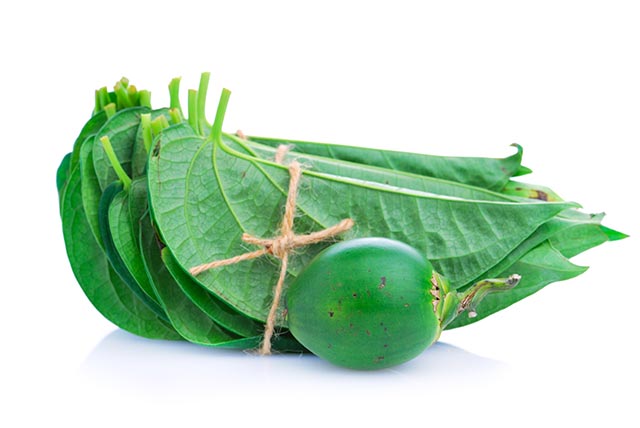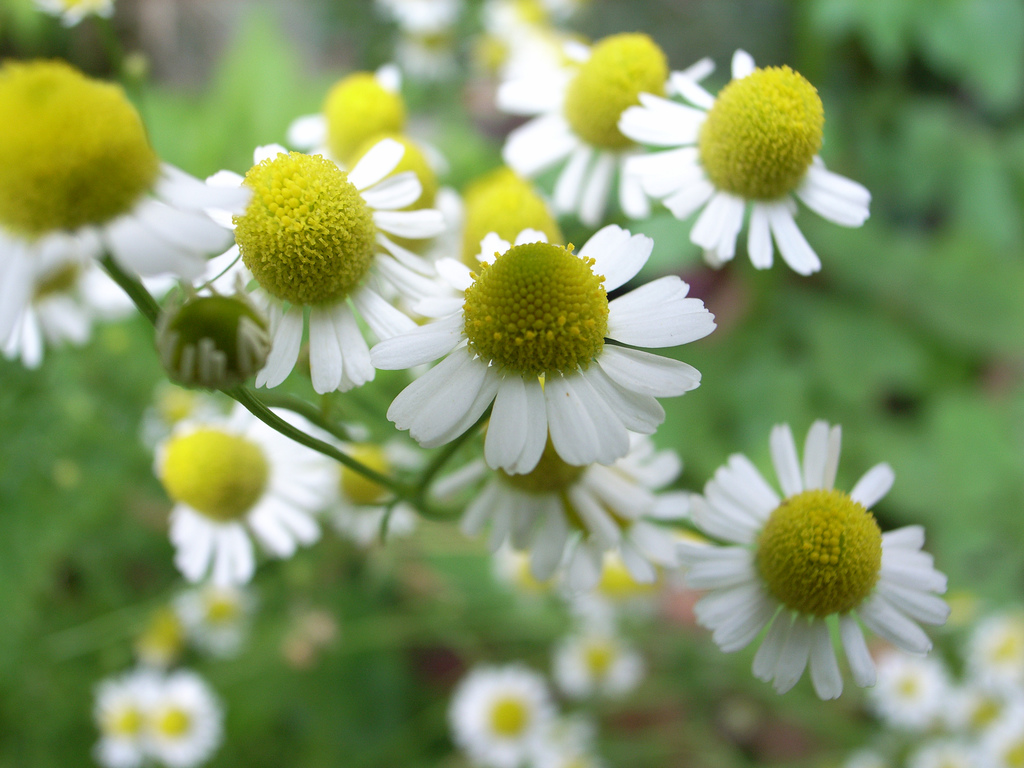Evaluation of Chinese rhubarb-based herbal formulas efficacy for treating hepatic encephalopathy
04/11/2018 / By Janine Acero
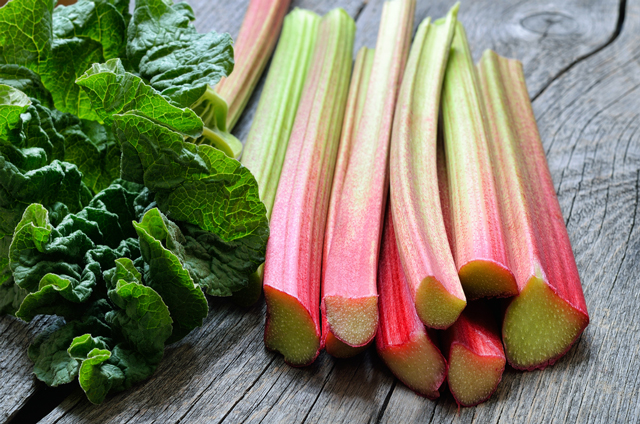
Scientists evaluated the safety and efficacy of rhubarb-based Chinese herbal formulae (RCHF) to treat hepatic encephalopathy (HE) – a decline in brain function that results from severe liver disease – in a study published in the Journal of Traditional Chinese Medicine.
- The researchers analyzed a total of 2,661 patients with HE – 1,363 in the control group; 1,298 in the RCHF group – with an average age of 18 to 75 years. Most participants were male.
- The authors evaluated mortality rate, clinical response rate, blood ammonia level, and alanine aminotransferase between RCHF group and control group.
- Compared with conventional treatment such as lactulose, and vinegar, RCHF were associated with significant improvement in clinical response rate and significant reductions in levels of blood ammonia and alanine aminotransferase.
- Data suggested that rhubarb can protect the gut barrier by decreasing intestinal permeability, and can inhibit bacterial translocation of the gut at the early stage of sepsis.
- One study showed that rhubarb could regulate intestinal flora and inhibit the intestinal inflammatory response in experimental rats with severe acute pancreatitis.
- Another study revealed that RCHF could decrease the level of lipopolysaccharide in patients with chronic severe hepatitis B.
- This review confirmed that rhubarb is used most frequently to treat HE. Rhubarb can be used alone or combined with other Chinese herbs and administered rectally.
The findings suggest that RCHF may be an alternative treatment option for HE patients.
Find the full text of the study at this link.
Journal Reference:
Ning Z, Shuangnan Z, Xiaohe X, Zhen W, Yunfeng B, Tingting H, Chao Z, Yao W, Zhou K, Zhongxia W, et al. RHUBARB-BASED CHINESE HERBAL FORMULAE FOR HEPATIC ENCEPHALOPATHY: A SYSTEMATIC REVIEW AND META-ANALYSIS. Journal of Traditional Chinese Medicine. 2017;37(6):721–734. DOI: 10.1016/S0254-6272(18)30035-9
Tagged Under: alternative medicine, hepatic encephalopathy, herbal medicine, Liver, liver disease, rhubarb, rhubarb-based Chinese herbal formulae, TCM, traditional Chinese medicine

